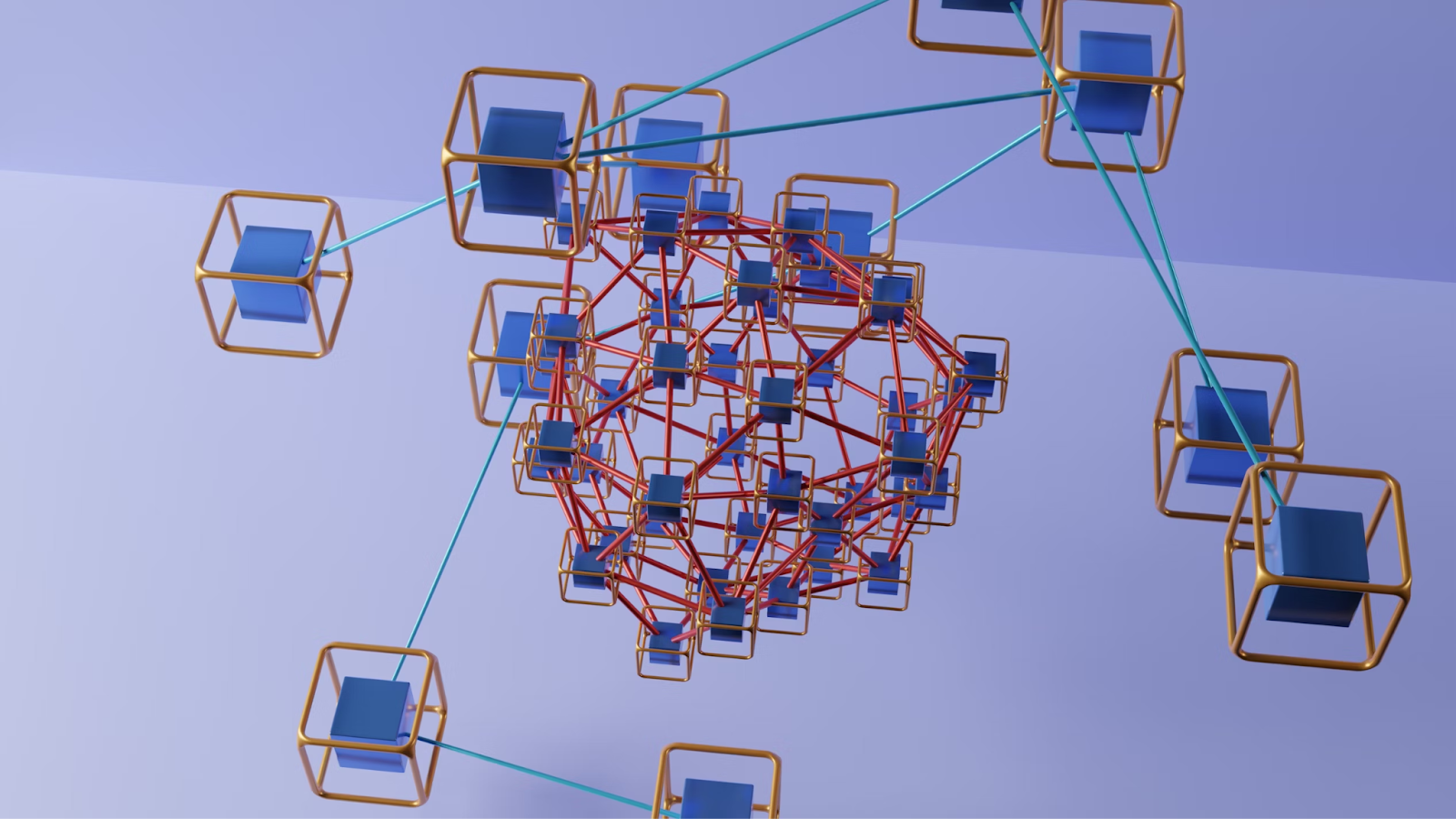Valued at over $20.1 billion, blockchain has moved beyond being just a trendy concept or niche technology. It now serves as a practical tool addressing real-world issues in multiple sectors, from repairing broken supply chains to boosting data security in healthcare. Blockchain addresses inefficiencies and provides tangible advantages.
Companies and organizations utilize its decentralized, transparent nature to streamline operations, reduce costs, and enhance trust. The impact of blockchain is tangible and growing daily. It doesn’t aim to reinvent the wheel but to enhance its efficiency, speed, and accountability. Blockchain provides solutions where traditional systems do not suffice.
Transforming Global Trade and Cross-Border Transactions
Global trade suffers from inefficiencies due to uncoordinated systems, a lack of standardization, and high transaction costs. These issues slow down and increase the expense and error rate of cross-border transactions. Blockchain streamlines these processes, reduces expenses, and boosts cooperation among global stakeholders.
A key development is using blockchain for compatibility among various financial and trade systems. The Inter-Blockchain Communication (IBC) Protocol is essential, enabling smooth connections between different blockchain networks in trade finance, supply chain management, and digital payments. This functionality drives blockchain interoperability use cases that transform global trade.
With IBC, financial institutions can settle international payments more swiftly by linking networks that previously couldn’t interact. Stakeholders in the supply chain can share essential data internationally in real time, enhancing transparency and reducing delays from manual verification. These improvements cut costs and time in global trade, allowing smaller businesses and emerging markets to engage more fully in the world economy.
Streamlining Supply Chain Management
Issues like fraud, delays, and opacity have long troubled supply chains. Blockchain revolutionizes this area with a decentralized ledger that tracks transactions instantly. This visibility reduces fraud and keeps all parties informed with current and accurate data about goods on the move.
By creating a shared record accessible to all stakeholders, blockchain minimizes disputes over lost shipments or miscommunication. It also enables real-time decision-making, as everyone from suppliers to end-users has access to the same up-to-date information. Blockchain enhances supply chain efficiency by automating actions like payments and contract fulfillment.
Smart contracts, for example, can trigger payments automatically when conditions are met, avoiding delays from manual checks. This traceability adds a layer of accountability, increasing consumer trust. Blockchain turns supply chain management into a more efficient, transparent, and reliable operation.
Revolutionizing Healthcare Data Management
The healthcare sector suffers from disjointed data systems that complicate accessing correct patient information. Blockchain provides a secure, decentralized method to store medical records. By encrypting these records and placing them on the blockchain, medical professionals can refer to a consistent and private data source.
Blockchain facilitates the easy exchange of medical records among authorized personnel, eliminating duplicate records and enhancing treatment coordination. Patients maintain more control over their information, choosing who gets access. This autonomy lessens administrative tasks and boosts patient satisfaction. With blockchain, healthcare systems can ensure that sensitive information stays protected even during unexpected data breaches.
Facilitating Secure Digital Transactions
Traditional banking systems depend on middlemen for transaction processing, leading to higher costs and delays. Blockchain removes intermediaries through direct transactions on a decentralized platform, cutting fees, speeding up transfers, and improving transparency.
This decentralized approach also reduces the risk of system failures, ensuring that transactions continue even if one node is compromised. Additionally, blockchain’s global nature allows for instant currency exchanges without requiring lengthy approval processes. The security features of blockchain safeguard transactions against alteration or fraud.
Its record-keeping is unchangeable, providing a clear, auditable transaction history that enhances user trust. This is particularly beneficial for international payments, which often face high fees and long processing times. Blockchain streamlines these operations, offering a quicker, safer option.
Improving Voting Systems
The trustworthiness of electoral systems is vital for preserving democracy. Blockchain boosts voting integrity with a secure, transparent system that minimizes fraud and errors. It keeps votes on a permanent record, ensuring each one is protected and confirmable.
Blockchain simplifies voting while protecting voter privacy. Remote voting options increase convenience and turnout. Election authorities benefit from easier vote tallying and validation, cutting down on the time and effort needed for traditional methods. Enhanced transparency and security with blockchain reinforce trust in democratic processes and encourage civic participation.
Final Thoughts
Blockchain introduces smart solutions to practical problems across various fields. Its capabilities to connect systems, simplify procedures, and foster trust encourage its use in diverse areas like logistics, healthcare, and finance.
Blockchain tackles inefficiencies and promotes transparency, highlighting its capacity to change industries. As its adoption increases, its influence will expand, opening up fresh opportunities and redefining approaches to complex issues.


































